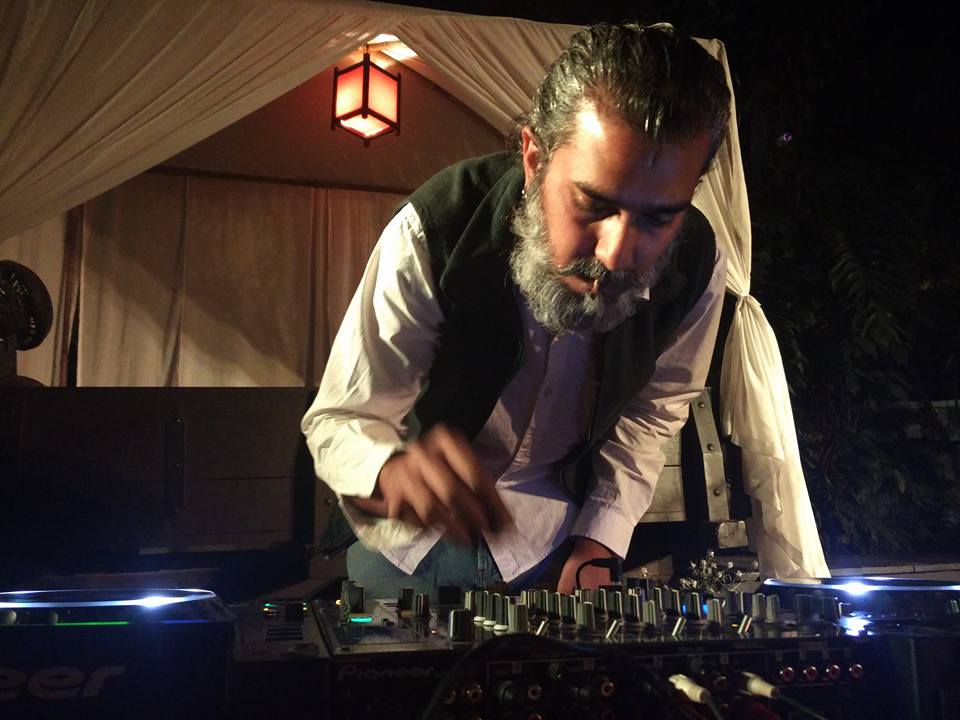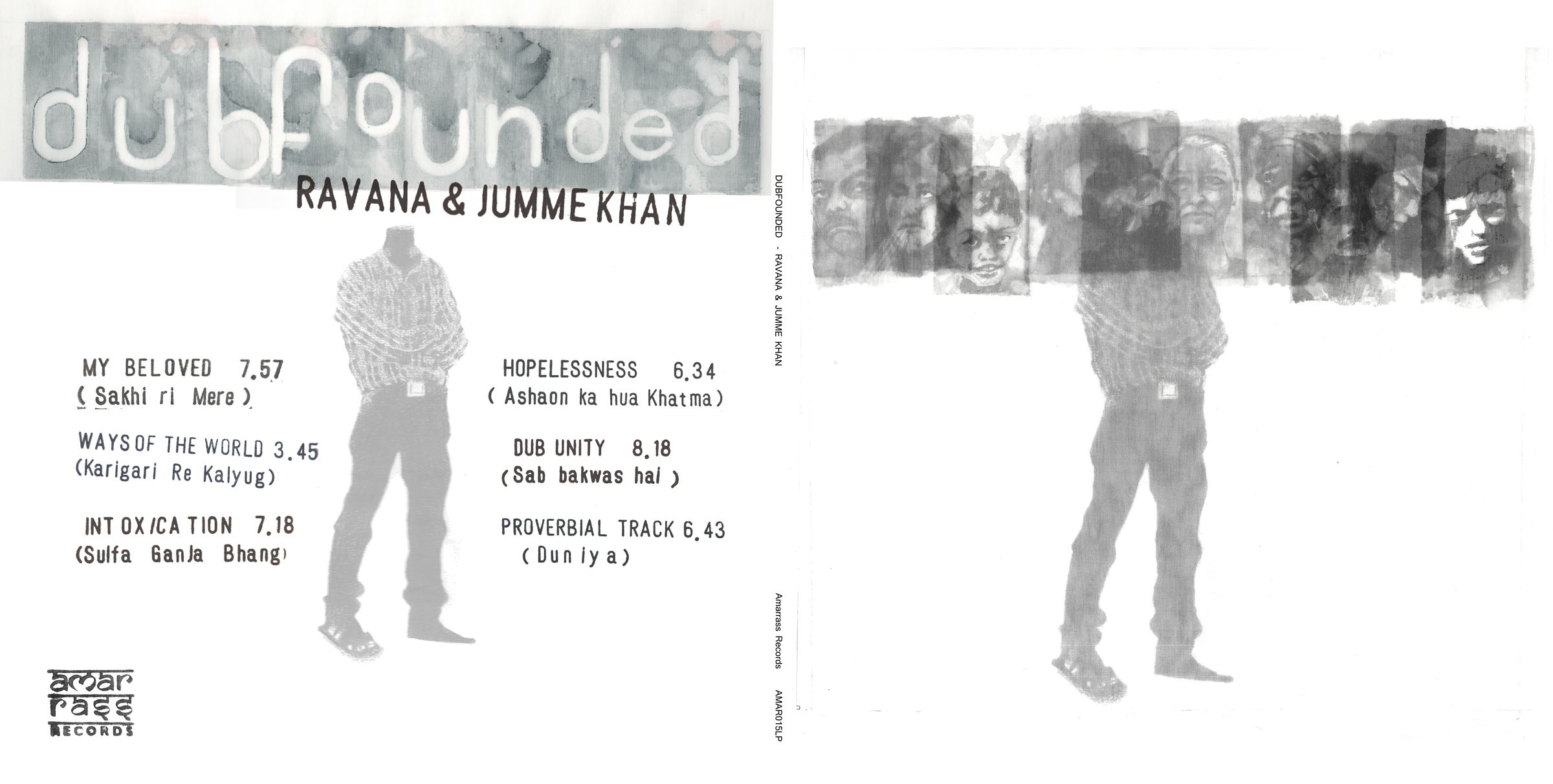

sbcltr caught up with electronic music producer Ravana to discuss his new album and the journey behind it
For seven years, Ravana aka Shravan Chellappa has been quietly rolling out electronic music across his 10 SoundCloud accounts, inspired by Valmiki’s 10 headed character that he endorses. But unlike Ravana, there is no schizophrenic existence in Chellappa’s world. His art and him are not two different entities and all of his music—over 24 EP’s are a reflection of his personal evolution. “I am not in it for the money; I simply wasn’t built to conform. I always have ideas and a basic concept of what I want and I simply work through it,” he says in his unassuming style. He also states that all of his music is a product of one sitting, “when I sit down to make songs, it’s a hook, 80 per cent of it is improvisation. Music is a gateway to my world and I use it as a tool to explore everything around me, religion, ideas, politics—everything.”
After quitting his corporate job at Indiatimes, Chellappa’s journey as a music producer started on a very abrupt note in 2011 after the infamous Metallica concert cancellation in New Delhi. “I went to Vasant Kunj and made a deal with a friend to sell me his computer for Rs.3,000 and that was it, by the end of that year, my first album was out.”
The first few albums were experimental and slightly chill in comparison to the sound that Chellappa grew into eventually—dark, brooding and thought provoking. As he got more comfortable, he delved into mixing voice samples and music, starting with a speech that Vivekananda delivered in Chicago over 100 years ago. The result was organic and original and when Chellappa shared the results with a friend, he got the validation he needed to delve deeper into himself and that is when the politicisation happened.
What makes his music stand out is the fact that very few electronic artists in India experiment with sound the way he does. From jungle beats laced with Odishi folk, mixed with vocal samples of Comrade Azad aka Cherukuri Rajkumar (former spokesman and member of the banned Maoist group Communist Party of India), to Kanhaiya Kumar’s speech and the poetry of Pash in his EP Anti-National, to even more dub samples of Arundhati Roy, Noam Chomsky and Howard Zinn in War for Peace. He’s even managed to use a fraction of NaMo’s speech in one of his iconic songs—Satanic Verses from his EP Gauze.
It also helps that he manages to delve into subjects which dominate the psychology of a lot of his listeners, making him automatically stand out from the average fancy quasi-hipster electronic music producer. His sound is distinct and has an obvious purpose—that of disruption because for him, music is his form of personal resistance.
Even on albums where he does not delve into national political matters to set the tone, the personal does end up becoming political. Take his woefully melancholic EP Ghalib –a tribute to the erstwhile show Mirza Ghalib, which traces samples of the iconic 1988 TV show with sounds of Ghalib’s Delhi, seamlessly mixing both the old and the new together, the result is an evocative album that will leave you brimming with nostalgia.

His heaviest influence is muslimgauze, the late UK based artist Bryn Jones, who based much of his music on the politics of the Middle East. “All my albums, all my music is directly connected to the films I am watching and the people that I talk to.”Despite having a small but dedicated following, Chellappa’s brilliance today still remains underrated, “there are a few people who buy my stuff regularly and reach out to me. My videos never go viral, and neither do my songs but I have a passion to give it my 100 per cent.”
Although his labour seems to be slowly paying off, after years of making music out of his home, Chellappa recently released recently released an album in collaboration with folk artist Jumme Khan, courtesy Amarrass records—the one of a kind hand crafted, homegrown vinyl company.

His first fully commercial project, Dubfounded, sees Chellappa breakaway from his distinct militant style and delve into his roots instead. The result is an album that spans genres—dubstep, reggae and even bluesy in parts. It might be a rude shock to the non-discerning listener who’s been expecting signature Ravana, but if you listen closely enough, you know that Chellappa is right there, working his quiet magic, unfazed, unrelenting and ever evolving.
To buy the album, click any of the links below
Amarrass, Bandcamp, iTunes/Apple Music, Spotify, Saavn